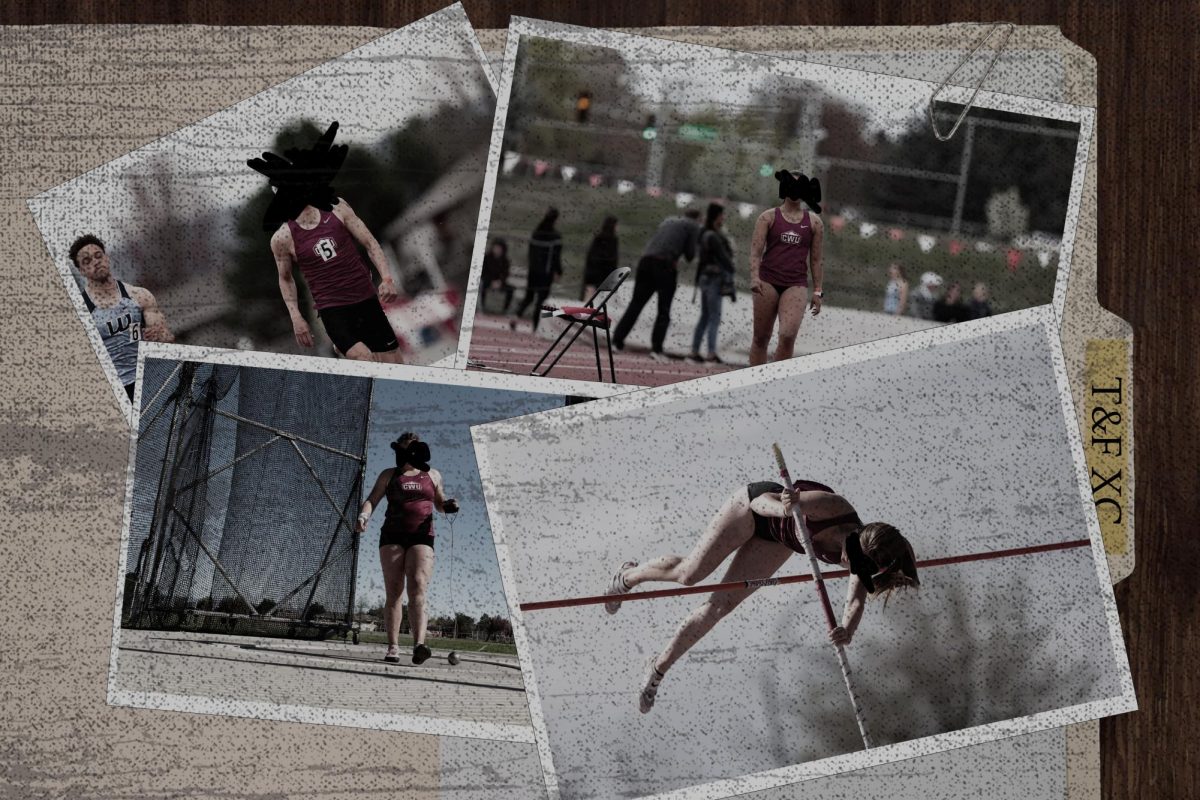By DANNY SCHMIDT, editor-in-chief
In 2011, poetry professor Katharine Whitcomb finished the Boston Marathon in four hours and 12 minutes—a time just three minutes slower than the time when two bombs exploded in the 2013 marathon.
The Boston Marathon was rocked Monday afternoon when the two bombs exploded about 50 to 100 yards apart, killing three and injuring about 180 people.
“That was particularly sad for me to think that I would’ve been right in the middle of it,” said Whitcomb, an associate professor in Central Washington University’s English department. “I wouldn’t have been at the finish line at the exact time, but it would’ve been very close.”
The marathon had about 23,000 runners from all over the world participating. The first bomb went off right before the finish line on Boylston Street.
“Any responsible individuals, any responsible groups, will feel the full weight of justice,” President Barack Obama said in a press conference Monday.
Whitcomb said marathoners have to get through the toughest part of the race to get to Boylston Street. She said the crowd’s roar can be heard a mile away.
“You’re really worn out, but when you turn onto Boylston Street, you can hear the crowd roaring,” Whitcomb said. “It’s really an incredible experience. You’re running down this boulevard lined with people cheering. I got a big kick of energy when I turned onto Boylston and heard all that.”
Whitcomb said she had a hard time finding the person she was with after her race and can’t imagine how hard it was Monday.
The marathon is held on Patriots Day, which is a state holiday. Children don’t have school, government employees are off and the Boston Red Sox have their annual home opener.
Central track and field and cross country head coach Kevin Adkisson was talking about the race with another coach about 30 minutes before he was informed of the explosions.
“It was crazy and shocking. What’s crazy is that somebody would choose that event,” Adkisson said. “They thought it out, they targeted it and they timed it for when most people would be finishing. It’s sickening. It was meant to take out legs and limbs. It’s hard to comprehend and to fathom it.”
Two of Adkisson’s former runners at Central ran in the marathon. Both had already crossed the finish line when the two bombs went off.
“The scariest thing about it is you would hate to have people think that they shouldn’t set goals for themselves, and run a race for fear that something could happen to them,” Adkisson said. “Especially for it to happen at the finish line, which is supposed to be your moment of celebration.”
Both Whitcomb and Adkisson believe the aftermath could be similar to Sept. 11, in terms of Americans rallying around the tragic event.
“I think a lot of runners feel like running is such a positive thing, they don’t want some senseless act like this to affect it adversely,” Whitcomb said. “It galvanized them to stick together and ramp up their training. It’s probably going to come back stronger than ever.”
The explosions have caused security to be ratcheted up all over the country.
As of Wedneday morning, CNN reported a suspect had been arrested.
At about the same time as the marathon explosions, a fire broke out at the JFK Library in Boston.
The library later tweeted the fire came from a mechanical problem and had nothing to do with the marathon bombings.
As soon as the explosions went off, people began running into the street and helping those in need.
ESPN’s Bonnie Ford went on television and discussed how unfortunate the incidents were, especially with the uniqueness of the Boston Marathon.
“It’s a marathon that’s on every marathoner’s list to do,” Ford said. “That’s not an exaggeration. It was a gorgeous day, the kind of day where this is the last thing on your mind.”







